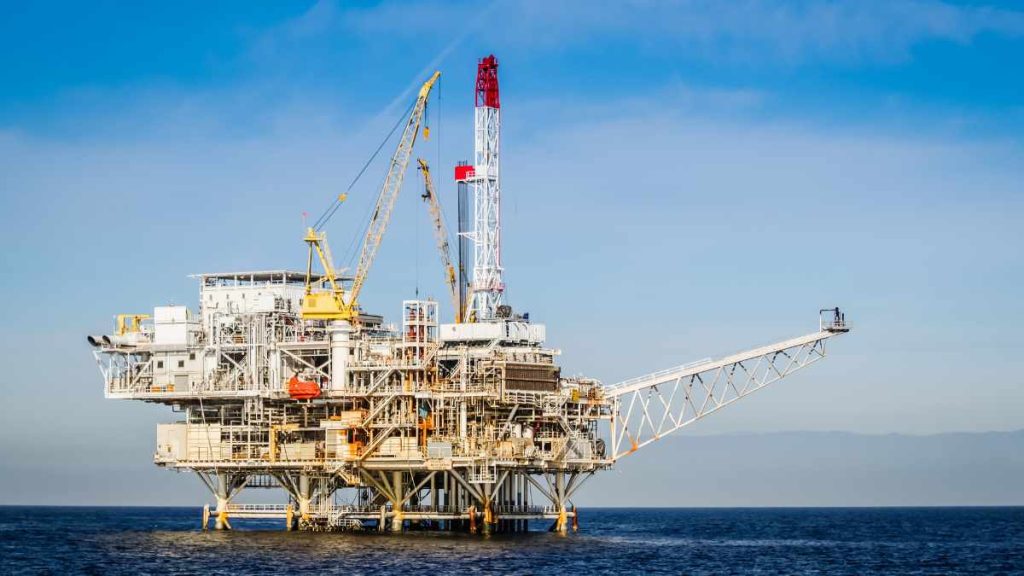Neo Energy, a Norwegian-owned oil and gas company, has significantly slowed investment in its North Sea projects, citing growing uncertainty surrounding the Labour government’s stance on fossil fuel regulation and taxation. The company’s decision to reduce investment across its portfolio highlights concerns over impending windfall tax increases and stricter environmental rules.
One of Neo’s major projects affected by this slowdown is the Buchan Horst oilfield, located approximately 70 miles north-east of Aberdeenshire in Scotland. Initially, production from this field was scheduled to begin by the end of 2027, with the potential to yield 162 million barrels of oil equivalent. However, the introduction of new tax policies and environmental regulations has raised questions about the project’s financial viability.
The Labour government, which has pledged to raise taxes on North Sea producers to fund the transition to green energy, faces a growing challenge in maintaining confidence in the sector. Recently, Energy Secretary Ed Miliband announced that the government would not contest legal challenges brought by environmental groups against two other North Sea oil projects. These groups, including Greenpeace and Uplift, have argued that current government decisions do not align with the UK’s legally binding net-zero carbon emissions targets. A June court ruling confirmed that decisions must account for both production emissions and “scope 3” emissions from the end use of oil and gas.
Neo Energy has expressed concern that these regulatory uncertainties, combined with higher taxes, negatively impact the economics of the Buchan Horst oilfield and other developments. A company spokesperson stated, “The recent government measures have significantly increased uncertainty for the UK’s oil and gas sector, making investment decisions in this environment extremely challenging.”
Neo holds a 50% stake in the Buchan Horst project, with Serica Energy and Jersey Oil & Gas holding 30% and 20%, respectively. The partners had estimated development costs for the project to be between £850 million and £950 million. The news of the slowdown had an immediate impact on the share price of Jersey Oil & Gas, which dropped by 20%.
Andrew Benitz, CEO of Jersey Oil & Gas, emphasised the importance of domestic energy production, saying, “Homegrown energy should always take precedence over imports, as it creates domestic jobs, economic growth, and tax receipts.” North Sea oil is primarily sold on the global market, but the development of local resources plays a key role in the UK’s energy security.
Neo Energy, founded in 2019, has rapidly expanded by acquiring projects from major oil firms, including TotalEnergies and ExxonMobil. With backing from Norwegian oil investor Hitec Vision, Neo has become one of the top five oil producers in the North Sea.
The oil and gas sector is facing increasing pressure from Labour’s proposed policies, including a rise in the windfall tax on energy profits. Offshore Energies UK, an industry lobbying group, warned that these tax hikes could result in the loss of £12 billion in tax receipts and 35,000 jobs. However, these claims do not take into account the potential environmental costs associated with ongoing fossil fuel production.
Labour intends to increase the energy profits levy by three percentage points to 78%, which consists of the 40% standard tax rate and a 38% windfall tax. This rise in taxation is part of the government’s broader strategy to transition towards renewable energy sources, but it has sparked debate over the future of the UK’s oil and gas industry.




